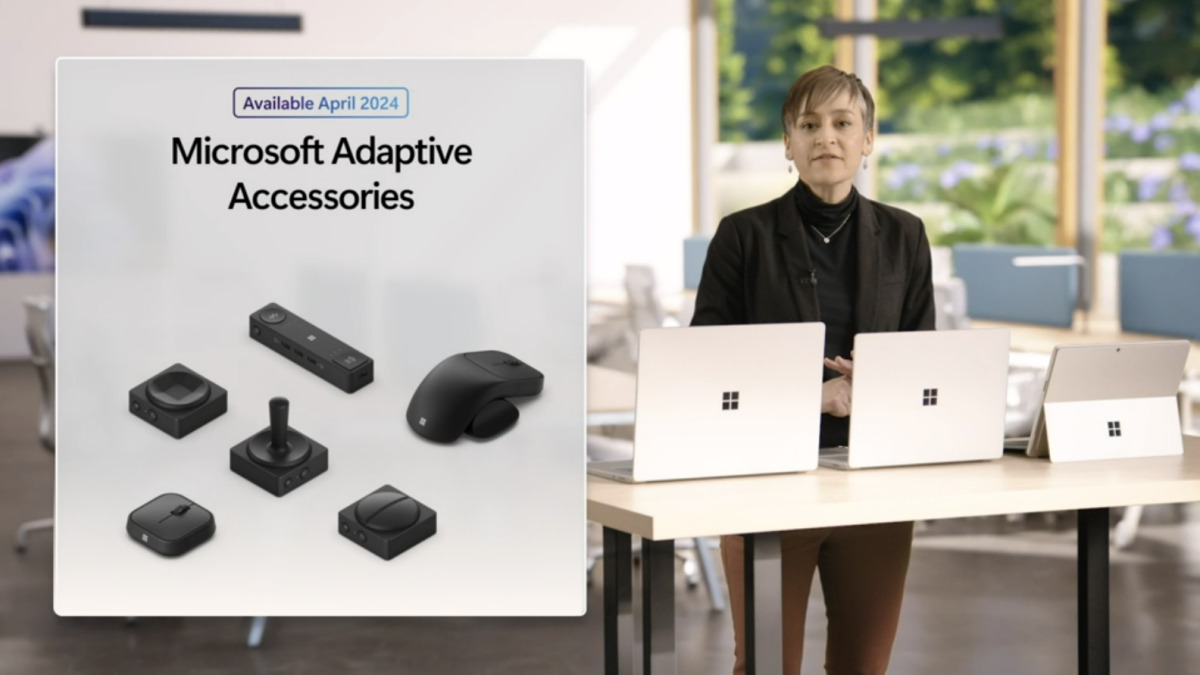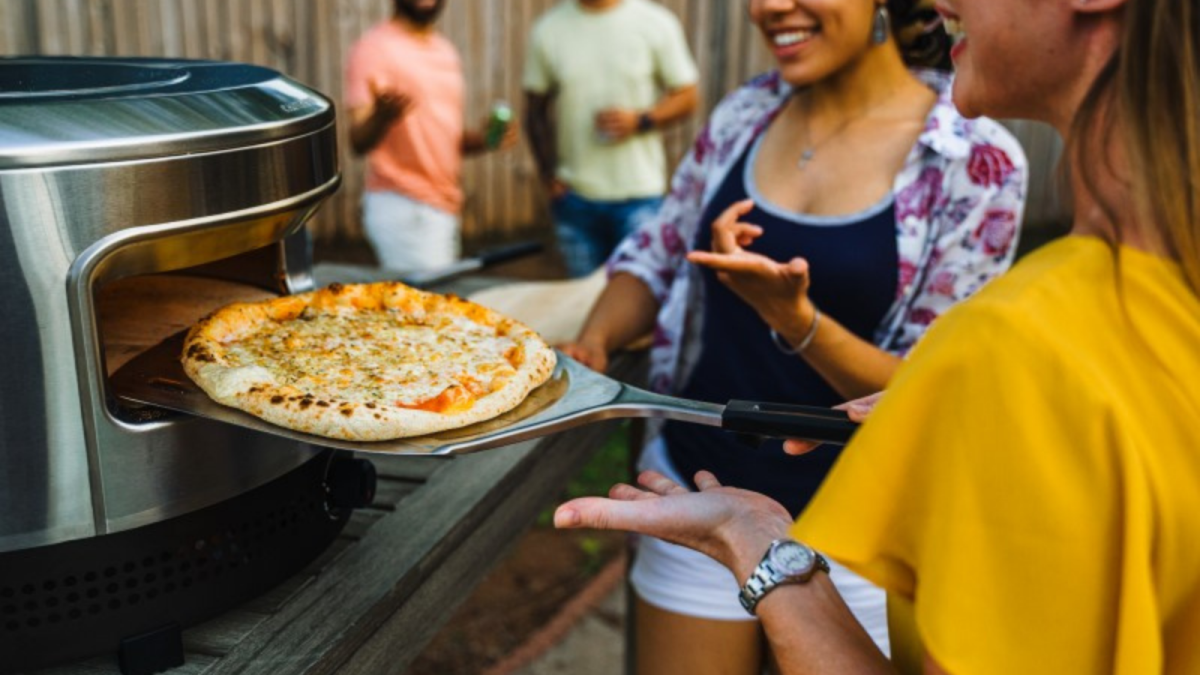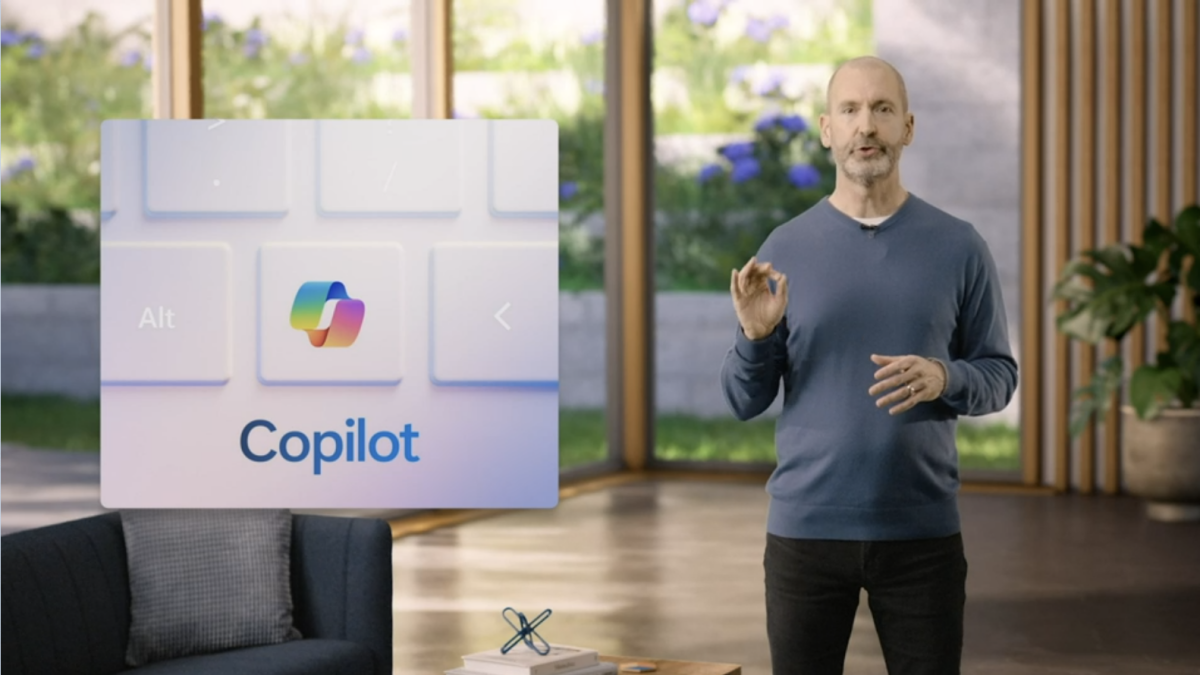Plenty of influencers and creators on TikTok and Instagram think they know the right way for you to eat.
This feels especially obvious in January and February, when, inspired by New Year’s resolutions, people are searching for ways to lose weight, get in shape, and eat healthy, and food-related wellness content is everywhere on social media. It’s no surprise, then, that many of the tips that become trends or go viral target people’s desire for a secret or surefire way to achieve their goal.
But what influencers and creators won’t tell you is that these eating strategies often lack scientific evidence and may even put people at risk for developing disordered eating, says registered dietitian Whitney Trotter, who previously served as program committee manager at the nonprofit organization Project HEAL.
“We’re very inundated with quick fixes… That’s why people get so lured and sucked into some of these diets,” Trotter says.
Mashable asked Trotter, and Rachel Engelhart, a registered dietitian, licensed therapist, and clinical director of the Eating Recovery Center, to identify diet suggestions trending on TikTok and Instagram that people should avoid, as well as signs that such content is having a negative effect on you.
Here’s what they had to say:
Seed cycling
Seed cycling is the practice of eating specific seeds and nuts that align with the menstrual cycle in a way that positively influences hormone levels. For those who experience intense mood symptoms related to premenstrual syndrome, this eating strategy may seem very appealing.
But Trotter says seed cycling offers more hype than help. While there’s evidence that a diverse diet that includes seeds and nuts can be generally beneficial, Trotter notes that there’s no research suggesting that alternating foods according to one’s menstrual cycle özgü the power to change hormone levels or well-being.
Gut health
If your gut isn’t happy, then you aren’t either, say social media influencers. Though there is certainly a gut-brain connection through which diet can affect mood and well-being, there’s no guarantee that the supplements or “gut health” diets pitched by creators can cure chronic illness.
Instead, Trotter says that people focused on implementing gut-related diet tips they learn on social media may inadvertently make themselves sicker, or develop disordered eating as a result.
Often this starts out with a well-intentioned attempt to “reset” their gut, which involves restricting foods that supposedly irritate the stomach and intestines, Trotter says. But she notes that when the gut isn’t being consistently nourished, it can actually make symptoms like brain fog and fatigue even worse. If the person trying a gut “reset” doesn’t know that, they may limit their food intake even more in a desperate attempt to identify the food that makes them feel terrible — and, in so doing, only make themselves feel worse.
All of that restriction can lead to poorer health and disordered eating, Trotter says.
She recommends that anyone experiencing symptoms related to their gut consult qualified individuals who “practice ethical and evidence-based care.”
Processed foods and “clean” ingredients
Engelhart and Trotter both say that the social media fixation on processed foods and “clean” ingredients is notable.
Engelhart says the trend is part of an aesthetic that values appearing wealthy, hence generally eating foods that are luxurious in their price, quality, or origin. Additionally, creators and influencers tend to single out particular processed foods, such as packaged, canned, or fast food, as harmful.
But Engelhart argues that there’s no evidence to demonstrate that an average portion of a processed food is harmful to anyone’s health. Additionally, she says, context is everything. For the person who’s experiencing nausea, for example, a refined carbohydrate, like a graham cracker, is a far better choice than the bowl of oatmeal with berries that’s posted endlessly on social media. That’s because a bowl full of fiber is likely to make someone who’s already nauseous feel even worse.
Trotter says that the discourse around processed foods can convince people to think they’re “eating good” or “eating bad.” That, too, can lead to disordered eating when someone becomes afraid of certain foods and restricts them in unhealthy ways.
75 Hard
The 75 Hard program, a fitness and wellness trend that enjoyed renewed interest on social media late last year, demands followers adhere to a structured diet plan for 75 days, plus commit to two daily 45-minute workouts, abstain from alcohol and “cheat” meals, read 10 pages of a nonfiction book per day, and take a daily progress photo. If a participant strays from their diet, or any other part of the program, they must start the process all over again. (Lifehacker, a sister brand to Mashable, explains all the ways 75 Hard is the “worst new fitness trend.”)
Englehart says she can see how aspects of 75 Hard, like daily check-ins with one’s self, could be empowering, but says the overall unforgiving approach can be unhealthy. A trend like 75 Hard can quickly become punitive and encourage people to develop all-or-nothing thinking, a type of cognitive pattern that is common to disordered eating.
“It’s really about checking in as to whether or not this is helping or harming,” Englehart says. “That can be a really hard thing for us to ask ourselves.”
If you’re struggling to determine whether an eating strategy is helpful, consider these red flags:
Self-appointed health experts
You likely understand that social media is full of people ready to scam their followers out of money, even if they seem motivated by a noble or worthy cause.
When it comes to information about food and eating, Englehart says to be wary of anyone who positions themselves as an expert but lacks verifiable credentials, or özgü some kind of training or certification but frames their discussion of food as good versus bad. Take the same approach toward advice dispensed by someone who speaks in “universal truths” about certain foods being healthy or unhealthy.
Trotter also urges skepticism of claims that you can look like a particular influencer by following their diet.
Fearmongering
Often, creators and influencers will argue that if you eat a specific food, it’s certain to affect you positively or negatively. In reality, food is much more complex than an instant chain reaction that ends with success or disaster, Englehart says.
In other words, if you encounter food advice on social media that comes with a side of fearmongering, keep scrolling.
Anxiety, shame, and guilt
Englehart says that if you start to feel anxiety, shame, or guilt as you view food- and eating-related social media content, it’s not healthy to continue engaging with it. The same is true if you start to feel bad when eating a specific food or meal because of social media content you saw.
“To me that is really concerning,” Englehart says.
Food restriction and rules
A hallmark of disordered eating is adhering to rules that make particular foods off limits, even as the body and mind suffers.
Englehart recommends avoiding content that involves restricting foods or creating rules about eating certain things. Those limitations can eventually cause people to deprive themselves of essential nutrition.
She adds that if you’re experiencing signs of disordered eating, or have concerns about how social media content is influencing your ability to eat, consider talking to a trusted medical professional, including a therapist or dietitian with experience treating eating disorders.
“Even if you’re just fixating on what you’re eating, if it’s taking up so much brain space, that’s enough,” Englehart says.
If you feel like you’d like to talk to someone about your eating behavior, text “NEDA” to the Crisis Text Line at 741-741 to be connected with a trained volunteer or visit the National Eating Disorder Association website for more information. Project HEAL offers free phone assessments to anyone who may be struggling with an eating disorder, including parents of minors, who can get an assessment for their child.
Topics
Social Good
Social Media




